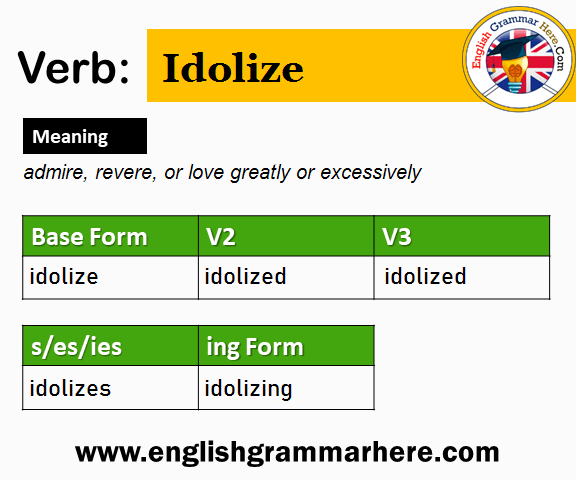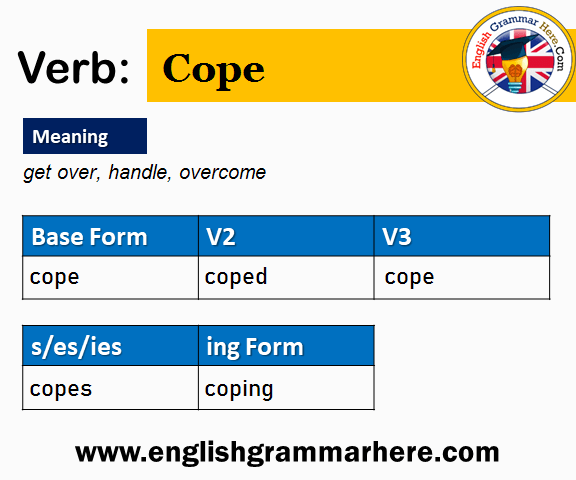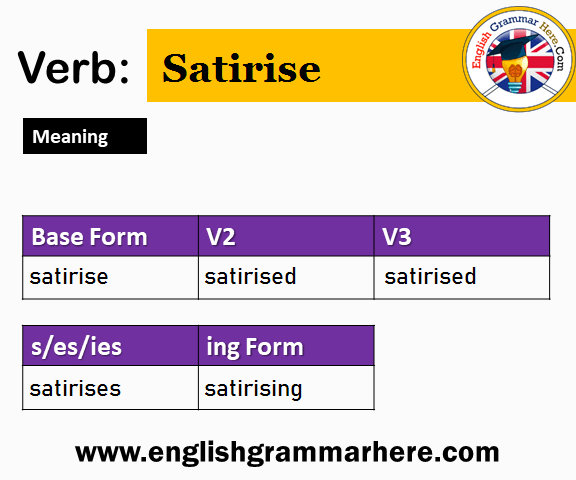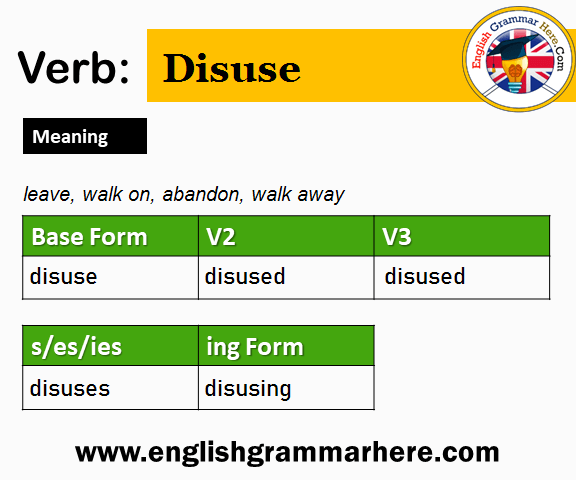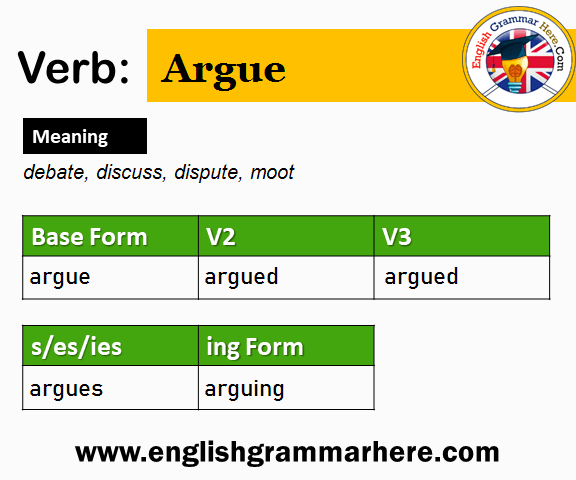Idolize Past And Past Participle Form V1 V2 V3 V4 V5 Form of Idolize
Have you ever found yourself tangled in the web of English grammar, especially when it comes to verb forms? If so, you’re not alone.
Understanding the different forms of a verb can often feel like deciphering a complex puzzle. Today, we’re here to simplify that for you with a focus on the verb “idolize. ” Whether you’re a student looking to ace your exams, a writer polishing your craft, or simply someone keen on mastering English, knowing the past and past participle forms of “idolize” (V1 V2 V3 V4 V5) can be a game-changer.
Let’s dive into the world of verbs and discover how mastering these forms can enhance your language skills and boost your confidence. Stick with us as we break down each form in a way that’s easy to understand and remember.

Credit: englishgrammarhere.com
Idolize Across Tenses
Idolize is a verb that means to admire someone greatly. It changes form depending on the tense. The base form is “idolize.” The past form is “idolized.” The past participle is also “idolized.” For continuous actions, use “idolizing” as the present participle. In the third person, it becomes “idolizes.”
Here is a table to show its different forms:
| Verb Form | Idolize |
|---|---|
| Base Form (V1) | Idolize |
| Past Simple (V2) | Idolized |
| Past Participle (V3) | Idolized |
| Present Participle (V4) | Idolizing |
| 3rd Person Singular (V5) | Idolizes |
Verb Forms Of Idolize
The verb “idolize” changes forms. Each form is used in different ways. Here are the forms:
| Form | Usage |
|---|---|
| V1 | Base form: idolize |
| V2 | Past simple: idolized |
| V3 | Past participle: idolized |
| V4 | Present participle: idolizing |
| V5 | Third person singular: idolizes |
Idolize means to admire greatly. V1 is the original form. V2 and V3 are used in past tense. V4 shows ongoing action. V5 is for he, she, or it.
Application Of Idolize Forms
Idolize means to admire someone deeply. The forms of idolize include V1 (idolize), V2 (idolized), V3 (idolized), V4 (idolizing), and V5 (idolizes). Each form is used differently in sentences.
Children often idolize heroes. They have idolized them since stories began. In tales, heroes are idolized for bravery. Kids are idolizing heroes in movies. Each hero idolizes kindness and courage.
| Form | Example Sentence |
|---|---|
| V1 | They idolize the singer. |
| V2 | She idolized her teacher. |
| V3 | He has idolized his dad. |
| V4 | They are idolizing leaders. |
| V5 | He idolizes his friend. |

Credit: englishgrammarhere.com

Credit: www.youtube.com
Conclusion
Understanding the forms of “idolize” helps in better communication. Use the correct form to convey your message accurately. Practice with V1, V2, V3, V4, and V5 to enhance your skills. This knowledge aids in writing and speaking effectively. Remember, language learning is a step-by-step process.
Small improvements lead to big gains over time. Keep practicing and stay curious. Learning English can be enjoyable and rewarding. With effort, you’ll improve and feel more confident. Continue exploring new words and their forms. This will enrich your language journey.
Happy learning!
